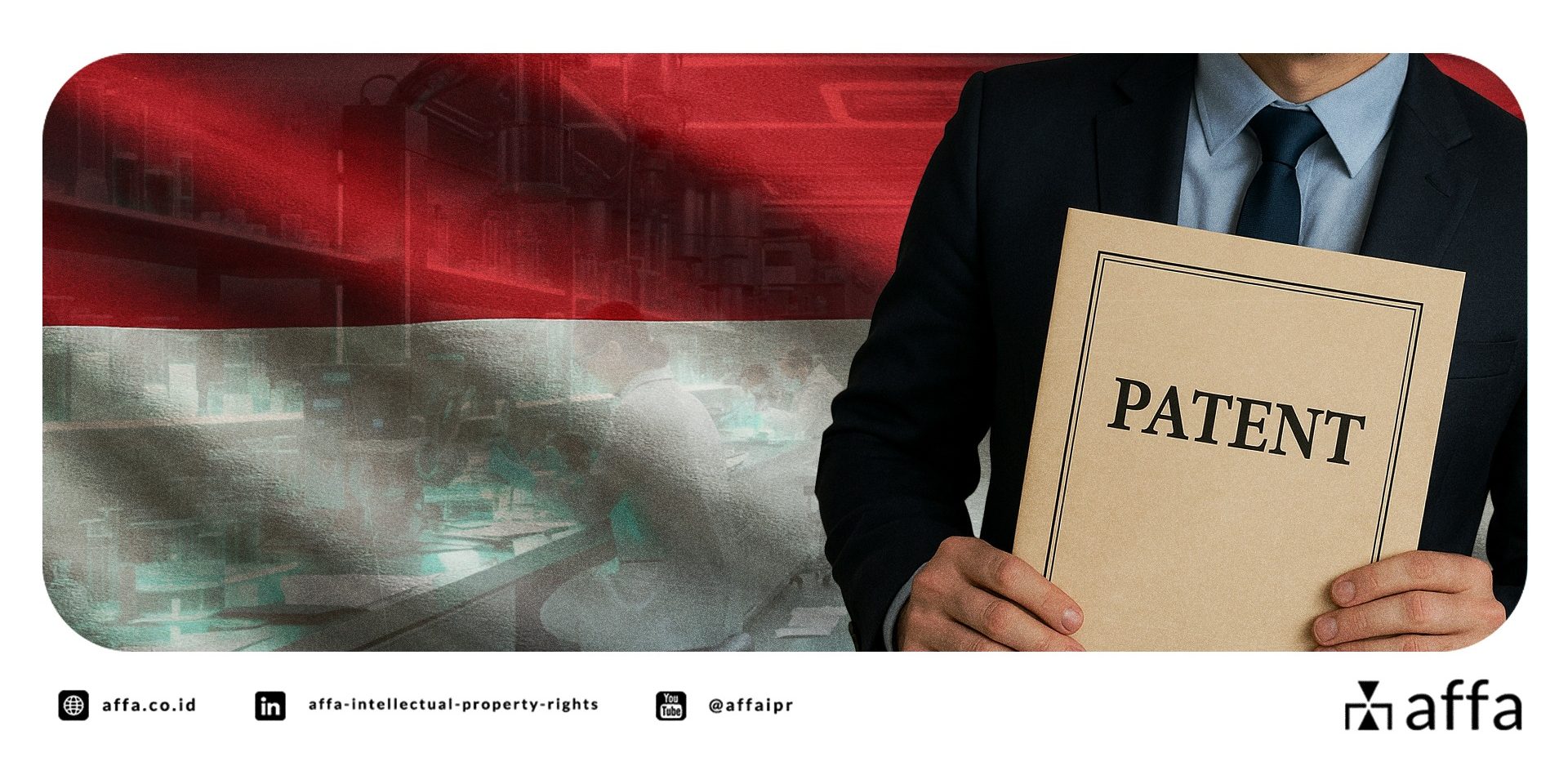In the landscape of Intellectual Property protection, Indonesia’s Patent Law sets a clear framework to ensure that Patents are registered and implemented for the nation’s benefit. Article 20 and its companion Article 20A of the Patent Law impose a fundamental obligation on Patent Holders: to commercially implement their Patents within Indonesian territory and report such implementation annually to the Minister.
However, recognizing the complex realities of bringing certain patented technologies to market, Article 90 introduces a crucial safeguard — a mechanism that allows flexibility in the face of genuine implementation delays. This provision is pivotal in balancing national interests with the practical constraints that Patent Holders may face.
Key Provisions of Article 90
Article 90 provides that:
- Discretion to Delay or Deny Compulsory Licenses: The Minister has the authority to delay or reject a request for a compulsory license if, based on recommendations from a team of experts and the Patent Holder’s explanation, it is established that the Patent in question reasonably requires more than 36 months to be commercially implemented in Indonesia.
- Requirement of Supporting Evidence: The Patent Holder must submit a formal statement supported by evidence demonstrating that the 36-month period is insufficient for commercial implementation. This evidence may include technical, financial, regulatory, or market-related obstacles that have prevented timely execution.
Relationship with Article 20 and 20A
Article 20 of the Patent Law mandates that every Patent must be implemented in Indonesia, while Article 20A requires Patent Holders to submit an annual declaration to the Minister detailing such implementation. These articles are designed to prevent the warehousing of Patents and ensure that patented inventions contribute to domestic innovation, manufacturing, and economic development.
Yet, strict enforcement of these provisions without flexibility could unjustly penalize inventors and companies that face legitimate delays. This is where Article 90 becomes essential: it prevents automatic penalties, such as the granting of compulsory licenses or potential cancellation of the Patent, by recognizing that not all Patents can be commercially viable within the same timeframe.
Practical Implications
Article 90 ensures that:
- Inventors are protected from losing control of their Patents due to delays beyond their control.
- Authorities are guided by expert input and factual evidence rather than rigid timelines.
- A balance is maintained between incentivizing local use of patents and acknowledging the real-world complexities of innovation, particularly in high-tech or heavily regulated industries.
Article 90 of the Indonesian Patent Law serves as a vital antidote to the potential rigidity of Articles 20 and 20A. It embodies a pragmatic approach to Patent enforcement by introducing flexibility and fairness into the system. For Patent Holders, especially those managing complex innovations, this article provides a necessary legal avenue to protect their rights while working towards the eventual implementation of their patents in Indonesia.
Should you need more information about Indonesian Patent Law and maintaining your Patent in Indonesia, you can contact us through email [email protected].







